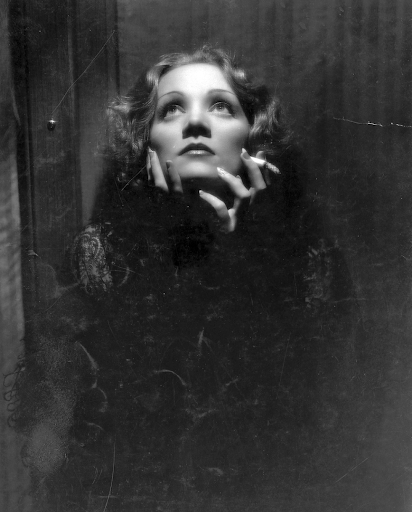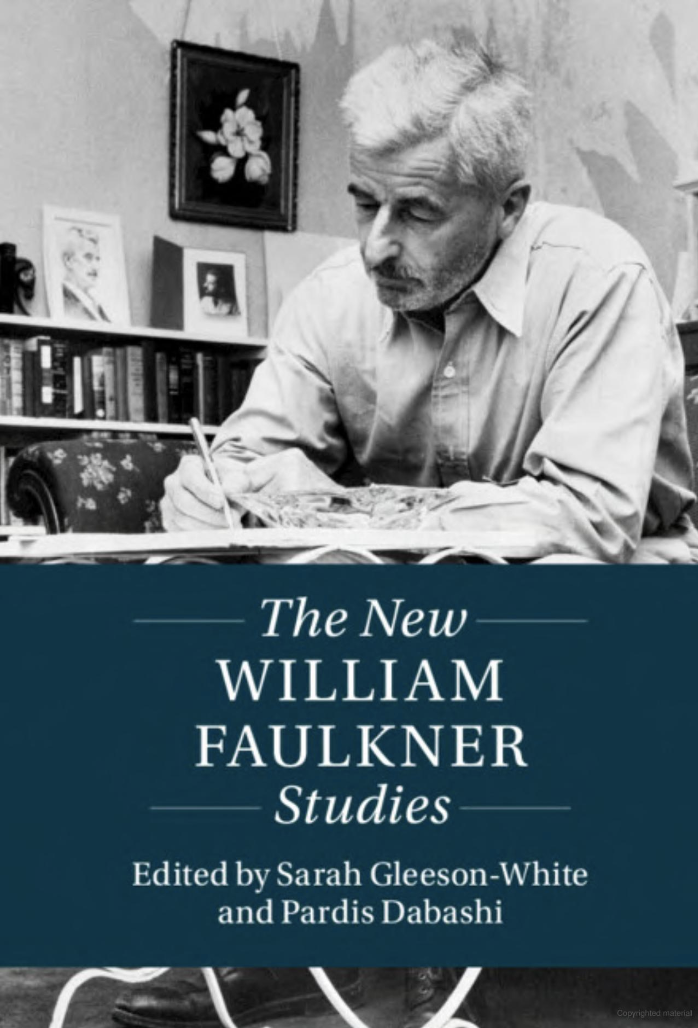Books

Losing the Plot: Film and Feeling in the Modern Novel
Losing the Plot: Film and Feeling in the Modern Novel asks: what happened to plot in the modernist novel? The answer, Dabashi argues, involves understanding what happened to it in the classical Hollywood cinema and its narrative precursors. Watching Hollywood film take on the formal, social, and ideological work of the bourgeois novel over the course of the early twentieth century, modernist novelists come to long for the very formal architecture of plot and its attendant social and psychic promises that they had set out to renounce in the name of aesthetic novelty and social critique. Seen through classical Hollywood’s palliative fantasies of narrative unity, plot becomes for the modernists Dabashi studies an object not of certain rejection but of ambivalent longing, providing as it does the promise of psychic unity, secure romantic attachment, and a linear view of history. Losing the Plot is a book about the draw of the normal, our desire for life to take narrative shape–shapes that comfort despite what we know them to represent–and how exquisitely good the classical Hollywood cinema was at making even some of the most acutely critical practitioners of aesthetic modernity feel how good it feels to give in–however fleetingly, even self-destructively–to those desires.
Includes readings of major works by Nella Larsen, Djuna Barnes, and William Faulkner, as well as the films that these authors saw and loved, including melo- and romance dramas starring Greta Garbo, Marlene Dietrich, and Gary Cooper. Dabashi’s conclusion turns to the late French period of Max Ophuls.

The New William Faulkner Studies (Cambridge University Press, 2022)
William Faulkner remains one of the most important writers of the twentieth century, and Faulkner Studies offers up seemingly endless ways to engage anew questions and problems that continue to occupy literary studies into the twenty-first century, and beyond the compass of Faulkner himself. His corpus has proved particularly accommodating of a range of perspectives and methodologies that include Black studies, visual culture studies, world literatures, modernist studies, print culture studies, gender and sexuality studies, sound studies, the energy humanities, and much else. The fifteen essays collected in The New William Faulkner Studies chart these developments in Faulkner scholarship over the course of this new century and offers prospects for further interrogation of his oeuvre.
Most recently, Dabashi is working on two new projects. One examines the aesthetic legacies of the Qajar dynasty as recollected in twentieth-century Persian literature, visual arts, and cinema. The other, entitled “Reading and Revelation: The Qur’an and the Experience of Criticism” works at the intersection of Islamic theology, Qur’anic hermeneutics, and the practice and experience of literary criticism. Building on her previous work on the nature, structure, and politics of critical argument, Dabashi argues for an understanding of the Qur’an as the scriptural unconscious of literary criticism as it has been dominantly practiced in the Euro-American academy. What might have happened, she asks, if the Qur’an had not been eschewed by key intellectual figures at key moments in literary critical history, but intsead had permeated the bedrock of literary-theoretical method in the ways that the Old and New Testaments did? It might, she argues, have changed the way we understand the work of criticism, not simply in terms of what it is, but even more so in terms of what it does to us, how we experience — or don’t experience — critical and theoretical accounts. Drawing on the unique distinction the Qur’an and other foundational Muslim texts make between belief and nonbelief, Dabashi posits a theory of critical experience as a fragile hermeneutic encounter that constitutively risks the failure to persuade.